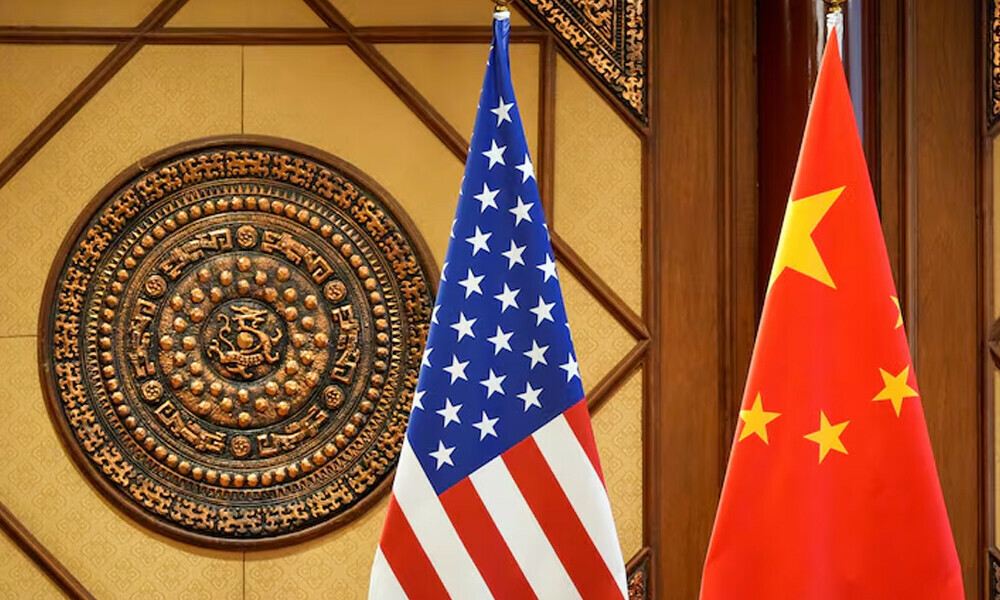
China’s government has strongly condemned the Trump administration’s latest 10% tariff on Chinese imports, calling the move a violation of international trade rules while signaling a willingness to negotiate to avoid further escalation.
The Chinese finance and commerce ministries announced on Sunday that Beijing would challenge the tariff at the World Trade Organization (WTO) and take unspecified countermeasures when the levy takes effect on Tuesday. However, unlike past retaliatory measures, Beijing’s response was measured, aligning with its recent efforts to de-escalate tensions.
Trump’s new tariffs, which also include a 25% duty on Canadian and Mexican imports, were justified by his administration as a means to curb the flow of fentanyl, a deadly opioid, from China into the United States. China’s foreign ministry dismissed this justification, stating, “Fentanyl is America’s problem,” and emphasizing that Beijing has already engaged in extensive anti-narcotics cooperation with Washington.
While China’s WTO challenge is largely symbolic—similar to its complaint against European Union tariffs on Chinese-made electric vehicles—it underscores Beijing’s stance against trade restrictions. The commerce ministry urged the US to engage in “frank dialogue and strengthen cooperation,” reinforcing the view that an outright trade war would be damaging for both sides.
Foreign Ministry spokesperson Mao Ning reiterated that Beijing believes “there is no winner in a trade war,” a stance China has maintained amid ongoing tensions.
With the new tariffs set to take effect, all eyes are on how Beijing will retaliate—whether through trade restrictions, economic policies, or diplomatic negotiations.
1728555553-0/beyonce-(3)1728555553-0-405x300.webp)





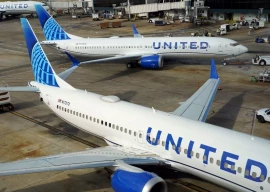



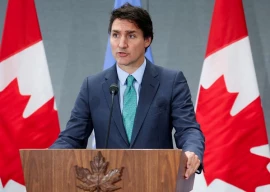





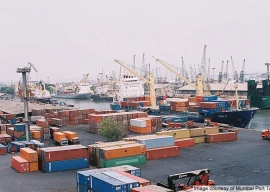
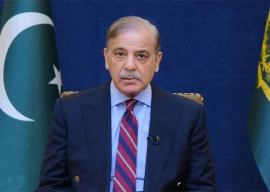








COMMENTS
Comments are moderated and generally will be posted if they are on-topic and not abusive.
For more information, please see our Comments FAQ